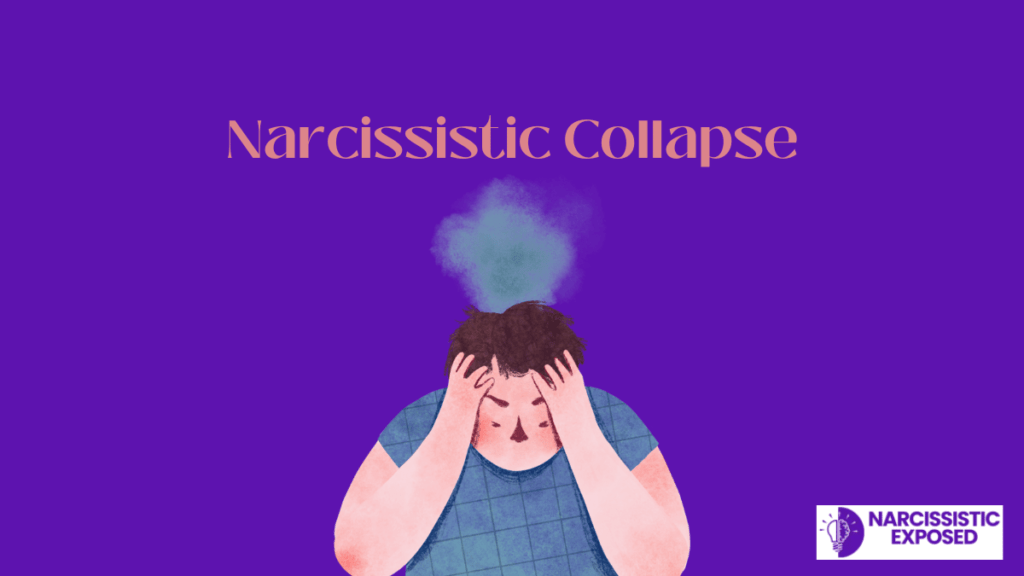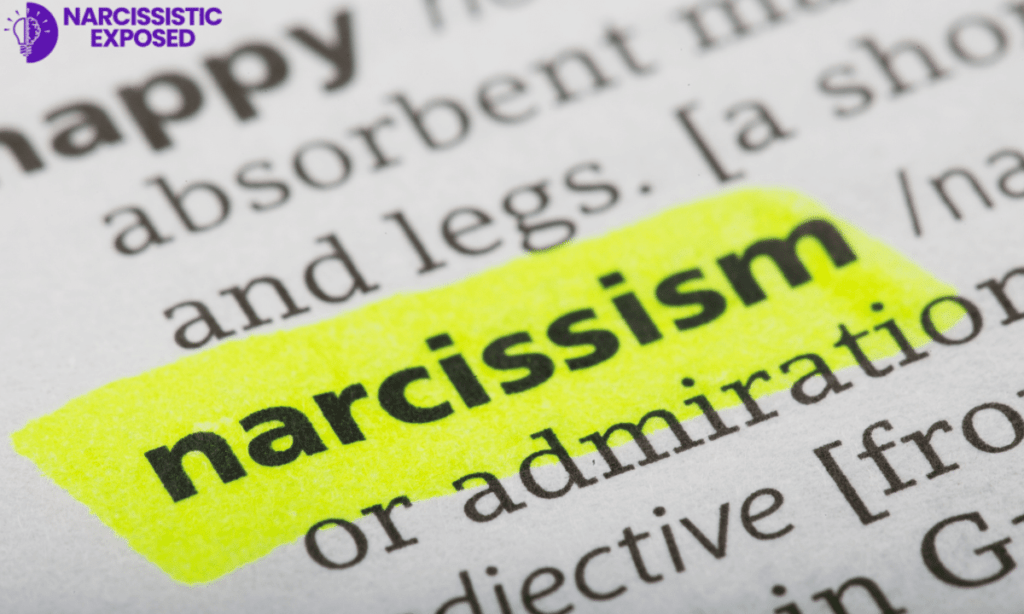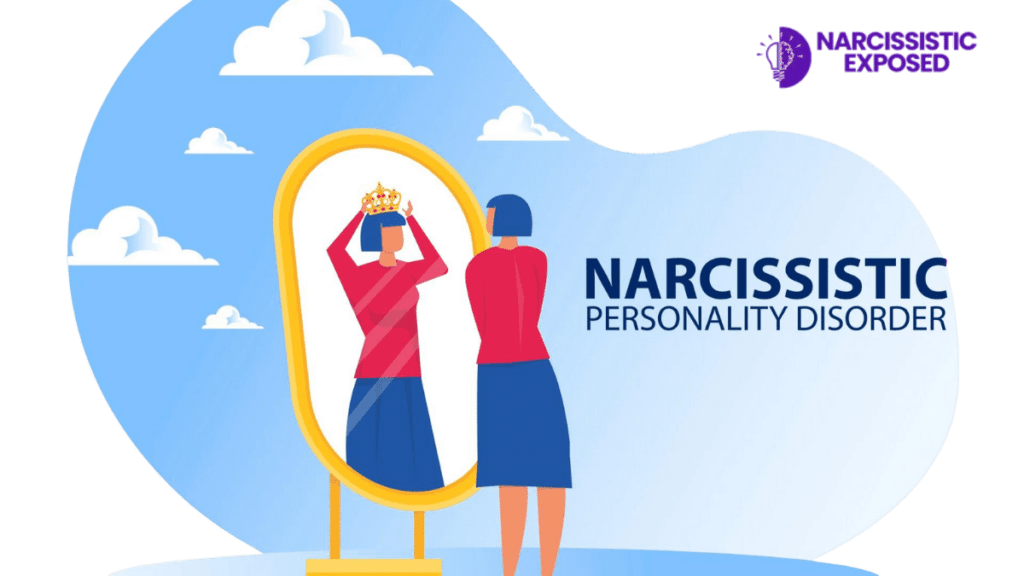
Narcissistic collapse represents a critical and often dramatic phase in the life of individuals with narcissistic tendencies or those diagnosed with Narcissistic Personality Disorder (NPD). It refers to a state where their usual defense mechanisms and grandiose self-perceptions break down, often due to external challenges they cannot control or manipulate. This introductory section lays the groundwork for a comprehensive exploration of narcissistic collapse, aiming to enlighten individuals interested in the deeper aspects of narcissism.
As we delve into this topic, we will unravel the complex layers of narcissistic collapse, exploring its causes, manifestations, and implications. This journey promises not only to illuminate a little-understood aspect of narcissistic behavior but also to provide a unique perspective on how such collapses impact personal and societal dynamics.
Table of contents
The Mechanics of Narcissistic Collapse
Psychological Foundations
Understanding the psychological underpinnings of narcissistic collapse is essential to comprehend the phenomenon. At its core, narcissism is characterized by an inflated sense of self-importance, a deep need for excessive attention and admiration, and a lack of empathy for others. However, this facade often masks a fragile self-esteem, which makes it vulnerable to criticism or defeat.
Triggers and Causes
A narcissistic collapse can be triggered by various events that shake the individual’s grandiose self-image. Such triggers might include a significant personal or professional failure, rejection or abandonment by a close associate, or exposure to their manipulative or abusive behaviors. These events pierce the protective bubble of their narcissism, leading to a breakdown.
Phases and Progression
The collapse typically unfolds in phases. Initially, there might be denial, followed by intense anger, depression, and sometimes, desperate attempts to regain control or restore their damaged ego. This progression can be erratic, with the individual oscillating between different emotional states and behaviors.
Signs and Symptoms of Narcissistic Collapse
Behavioral Changes
Noticeable shifts in behavior often mark the onset of a narcissistic collapse. Individuals may exhibit extreme reactions to criticism, display increased irritability, or engage in aggressive or manipulative tactics. Alternatively, some may withdraw socially, starkly contrasting their typically outgoing or domineering persona.
Emotional Responses
Emotionally, narcissistic collapse can manifest as bouts of intense anger, sadness, or anxiety. The individual’s confidence and grandiosity might give way to feelings of helplessness, shame, or vulnerability. These emotional responses are often disproportionate and can be volatile, reflecting the internal turmoil they are experiencing.
Impact on Relationships and Social Dynamics
Narcissistic collapse significantly affects interpersonal relationships. The individual’s erratic behavior can strain or rupture personal and professional relationships. Friends, family, and colleagues might find themselves at the receiving end of the individual’s emotional outbursts or withdrawal, leading to conflict and distancing.
Duration and Variability of Narcissistic Collapse
Short-term vs Long-term Collapse
The duration of a narcissistic collapse can vary significantly from one individual to another. Some may experience a short-term breakdown, lasting a few days to weeks, where they quickly resort to old patterns or develop new defense mechanisms. In contrast, others may endure a long-term collapse, extending over several months or even years, profoundly affecting their behavior and outlook on life.
Factors Influencing Duration and Intensity
Several factors contribute to the duration and intensity of a narcissistic collapse. These include the individual’s level of narcissism, their coping mechanisms, the nature and magnitude of the triggering event, and the presence or absence of a supportive network.
- Level of Narcissism: More deeply ingrained narcissistic traits can lead to a more prolonged and intense collapse, as the individual’s core identity is more significantly challenged.
- Coping Mechanisms: Those with healthier coping strategies may navigate the collapse more swiftly and effectively, whereas individuals with maladaptive coping mechanisms might experience a more protracted and turbulent collapse.
- Nature of Trigger: The specific event or series of events that initiate the collapse also plays a crucial role. More public or humiliating events can have a more profound impact, prolonging the collapse.
- Support Systems: A robust and understanding support system can mitigate the duration and severity of the collapse, providing the individual with the necessary emotional and psychological assistance.
Understanding these factors is crucial for anyone dealing with narcissistic individuals, whether in personal relationships or professional settings. It allows for a more empathetic and strategic approach to handling situations involving narcissistic collapse.
Coping Strategies and Support
For Individuals Experiencing Collapse
Navigating through a narcissistic collapse is a challenging journey, requiring resilience and self-awareness. Here are some strategies that can be beneficial:
- Seek Professional Help: Engaging with a therapist or counselor who specializes in narcissistic behavior can provide valuable guidance and support.
- Develop Self-awareness: Understanding the roots of narcissistic tendencies and acknowledging their impact can be a pivotal step in the healing process.
- Build Healthy Relationships: Forming connections with individuals who offer genuine support and understanding can create a positive environment for recovery.
- Learn Healthy Coping Mechanisms: Replacing narcissistic defense mechanisms with healthier coping strategies is crucial for long-term well-being.
For Those Dealing with Someone Undergoing Narcissistic Collapse
Dealing with someone experiencing a narcissistic collapse can be equally challenging. Here are some tips:
- Set Boundaries: It’s essential to protect your emotional well-being by setting clear and firm boundaries.
- Offer Support, Not Enabling: Be supportive but avoid behaviors that enable or reinforce narcissistic tendencies.
- Encourage Professional Help: Gently encourage them to seek professional assistance.
- Stay Informed: Understanding the nature of narcissistic collapse can help manage your expectations and responses.
Coping with narcissistic collapse, whether personally or in someone else, requires patience, understanding, and a proactive approach. These strategies aim to provide a framework for managing this complex situation.
My Personal Insights
A Unique Viewpoint on Narcissistic Collapse
Narcissistic collapse, often perceived purely as a psychological phenomenon, reflects deeper societal and cultural patterns. In a world increasingly focused on individual success, external validation, and social media influence, the seeds of narcissism are unwittingly sown and nurtured. This societal backdrop can exacerbate the intensity and frequency of narcissistic collapses as the gap between reality and the inflated self-image fostered by societal norms becomes untenable.
Societal and Personal Implications
The phenomenon of narcissistic collapse offers a mirror, reflecting not just the struggles of individuals with narcissistic tendencies but also highlighting the vulnerabilities of contemporary social structures. On a personal level, understanding and addressing the roots of narcissism could lead to more empathetic interactions and supportive relationships, fostering a healthier societal fabric.
Moreover, the way society responds to narcissistic collapse – often with a lack of empathy or understanding – needs reevaluation. A more compassionate and informed approach could aid in recovering those experiencing a collapse and contribute to a more inclusive and understanding culture.
While narcissistic collapse is a profoundly personal experience, its occurrence and handling are inextricably linked to broader societal attitudes and behaviors. Recognizing this connection is crucial for both personal growth and social progress.
Frequently Asked Questions (FAQ)
What happens when a narcissist collapses? When a narcissist collapses, they experience a significant breakdown in their usual defense mechanisms and self-image. This often leads to intense emotional distress, erratic behavior, and a stark deviation from their typical narcissistic traits, such as grandiosity and need for admiration.
How long does a narcissist’s collapse last? The duration of a narcissistic collapse varies widely among individuals. It can last from a few days to several months or even longer, depending on factors like the severity of their narcissistic traits, the nature of the triggering event, and the presence of support systems.
What makes a narcissist implode? A narcissist may implode due to events that severely challenge or contradict their inflated self-image and sense of superiority. Such triggers could include significant personal or professional failures, public humiliation, or losing a close relationship that provided validation.
What happens when a narcissist hits rock bottom? When narcissists hit rock bottom, they may exhibit extreme emotional reactions like anger, depression, or anxiety. They could also display uncharacteristic vulnerability, desperation for validation, or even temporary abandonment of their narcissistic behaviors.
How do you know when a narcissist is collapsing? Signs of a narcissistic collapse include drastic changes in behavior and mood, increased emotional instability, expressions of vulnerability or helplessness, withdrawal from usual activities or social circles, and, in some cases, seeking help or validation from unexpected sources.
Conclusion
Summarizing Key Points
This article has explored the intricate and multifaceted nature of narcissistic collapse. We started by defining the concept and its significance, delving into the psychological foundations that underpin this phenomenon. We examined the triggers and phases of narcissistic collapse, discussed its variability in duration and intensity, and provided coping strategies for both those experiencing and dealing with it. Finally, we offered a unique perspective, linking narcissistic collapse to broader societal patterns and implications.
Final Thoughts and Reflections
Understanding narcissistic collapse is more than an academic exercise; it’s a step towards fostering empathy and effective interaction in our personal and professional lives. By recognizing the signs, understanding the triggers, and adopting appropriate coping strategies, we can better navigate the complexities of relationships with individuals exhibiting narcissistic tendencies. Moreover, this awareness invites us to reflect on our societal values and their role in shaping individual behavior.
In conclusion, the journey through understanding narcissistic collapse is not just about comprehending a psychological condition. It’s about deepening our understanding of human behavior, enhancing empathy, and striving for healthier interactions in all spheres of life.





